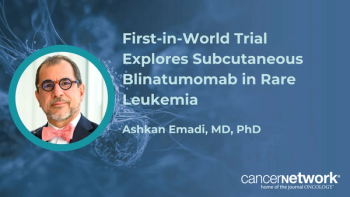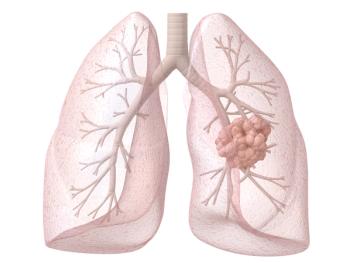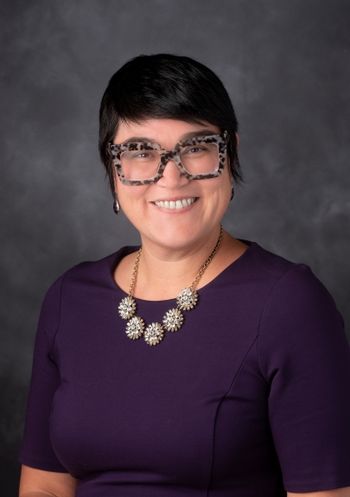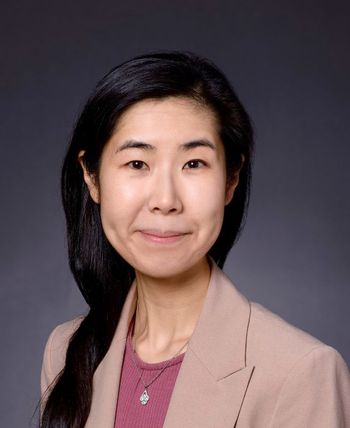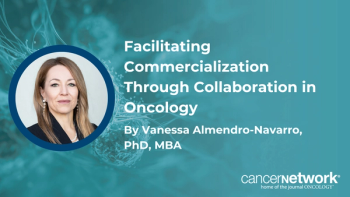
Oncology NEWS International
- Oncology NEWS International Vol 16 No 5
- Volume 16
- Issue 5
ONI Reader Poll Online
Last month, ONI launched a new interactive feature: an electronic Reader Poll located on The Oncology Group website
MANHASSET, New YorkLast month, ONI launched a new interactive feature: an electronic Reader Poll located on The Oncology Group website (
In April, the poll question (at right) asked about possible ways to prevent the predicted shortage of oncologists in 2020. Of the more than 100 readers who voted, 41% said the best tactic is to increase the number of oncology fellowships. Increasing the use of nonphysician clinicians came in second at 23%, offering incentives to delay retirement was next at 15%, expanding the primary care physician's role for patients in remission garnered 14% of the vote, and improving health information technology (HIT) systems (to reduce paperwork) came in last at 7%.
Articles in this issue
almost 19 years ago
Escalating Drug Costs Could Provoke Consumer Backlashalmost 19 years ago
Large Study Casts Doubt on Value of CADalmost 19 years ago
Cetuximab Does Not Increase Mucositis in H&N Canceralmost 19 years ago
2004 Update Shows Continued Lower Breast Ca Incidencealmost 19 years ago
Reclast Single-Dose Infusion Approved for Paget's Diseasealmost 19 years ago
Fragmin Approved for VTE in Cancer Ptsalmost 19 years ago
New Phase III Trial of Genasense in Advanced Melanoma Plannedalmost 19 years ago
Cervical Cancer Vaccines Show Sustained Protectionalmost 19 years ago
The 'New' Medicare: Passive Payer No More; PQRI Is First StepNewsletter
Stay up to date on recent advances in the multidisciplinary approach to cancer.


